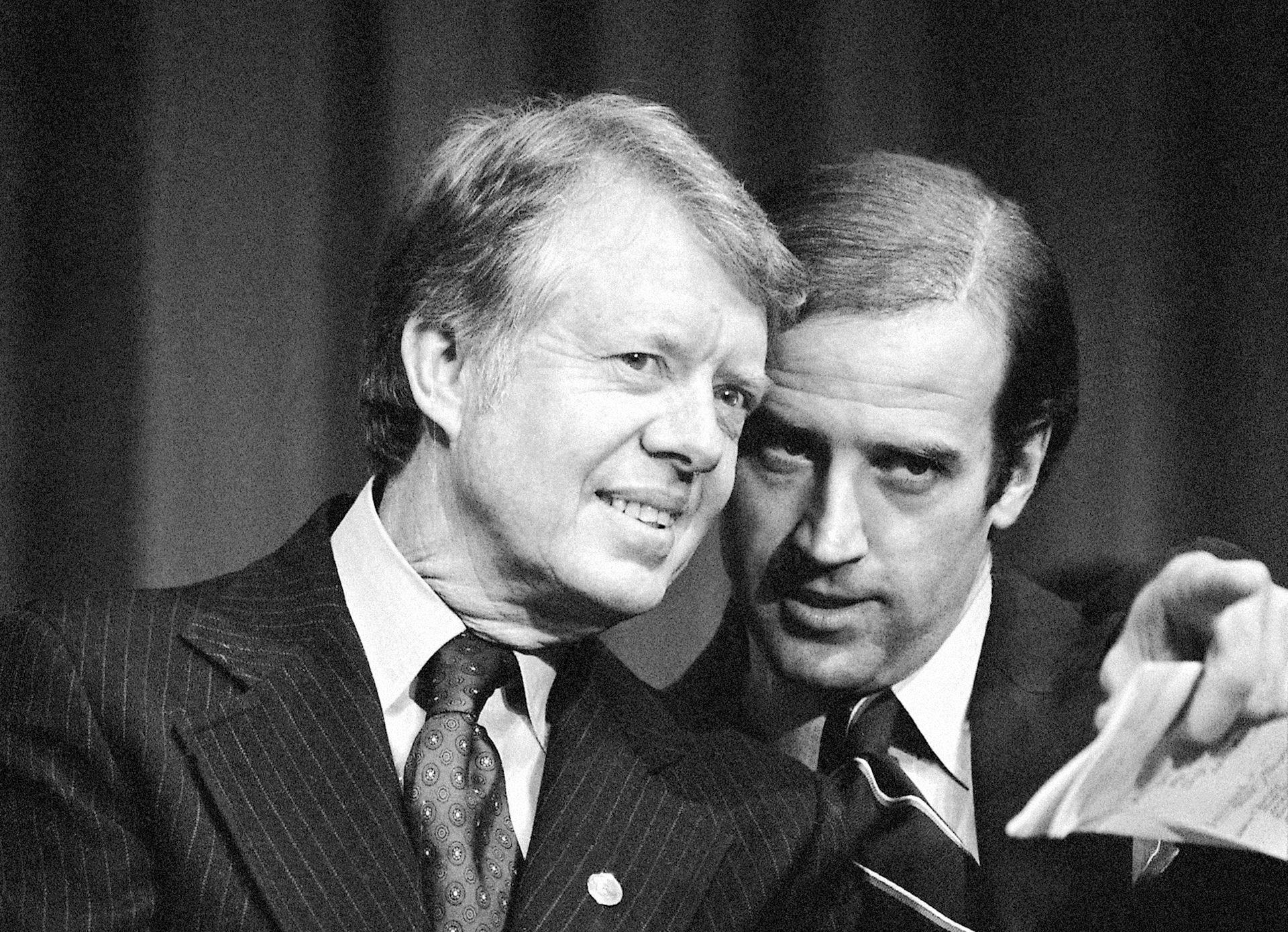(MENAFN- Asia Times)
Former President Jimmy Carter, who died on December 29, 2024, at age 100 at his home in Plains, Georgia, was a dark horse Democratic presidential candidate with little national recognition when he beat Republican incumbent Gerald Ford in 1976.
The introspective former peanut farmer pledged a new era of honesty and forthrightness at home and abroad, a promise that resonated with voters eager for change following the Watergate scandal and the Vietnam War.
His presidency, however, lasted only one term before Ronald Reagan defeated him. Since then, scholars have debated – and often maligned – Carter's legacy, especially his foreign policy efforts that revolved around human rights.
Critics have described Carter's foreign policies as “ineffectual” and “hopelessly muddled ,” and their formulation demonstrated “weakness and indecision.”
As a historian researching Carter's foreign policy initiatives , I conclude his overseas policies were far more effective than critics have claimed.

President Jimmy Carter listens to Senator Joseph R Biden (D-Del)., as they wait to speak at a fund fundraising reception in Wilmington, Del. on February 20, 1978. Photo: AP via The Conversation / Barry Thumma, A Soviet strategy
The criticism of Carter's foreign policies seems particularly mistaken when it comes to the Cold War, a period defined by decades of hostility, mutual distrust and arms buildup after World War II between the US and Russia, then known as the Soviet Union or Union of Soviet Socialist Republics (USSR).
By the late 1970s, the Soviet Union's economy and global influence were weakening. With the counsel of National Security Advisor Zbigniew Brzezinski, a Soviet expert , Carter exploited these weaknesses.
During his presidency, Carter insisted nations provide basic freedoms for their people – a moral weapon against which repressive leaders could not defend.
Carter soon openly criticized the Soviets for denying Russian Jews their basic civil rights , a violation of human rights protections outlined in the diplomatic agreement called the Helsinki Accords .
Carter's team underscored these violations in arms control talks. The CIA flooded the USSR with books and articles to incite human rights activism. And Carter publicly supported Russian dissidents – including pro-democracy activist Andrei Sakharov – who were fighting an ideological war against socialist leaders.
MENAFN30122024000159011032ID1109040548
Legal Disclaimer:
MENAFN provides the information “as is” without warranty of any kind. We do not accept any responsibility or liability for the accuracy, content, images, videos, licenses, completeness, legality, or reliability of the information contained in this article. If you have any complaints or copyright issues related to this article, kindly contact the provider above.